
Chief executive Paul McKenzie believes there is enough “redundancy and resiliency” in CSL’s global supply chain to shift production and should bypass the prospect of tariffs across about 85 per cent of his US businesses.
The homegrown pharma makes blood plasma products, high-end vaccines and more recently has moved into dialysis and treatment of kidney diseases.
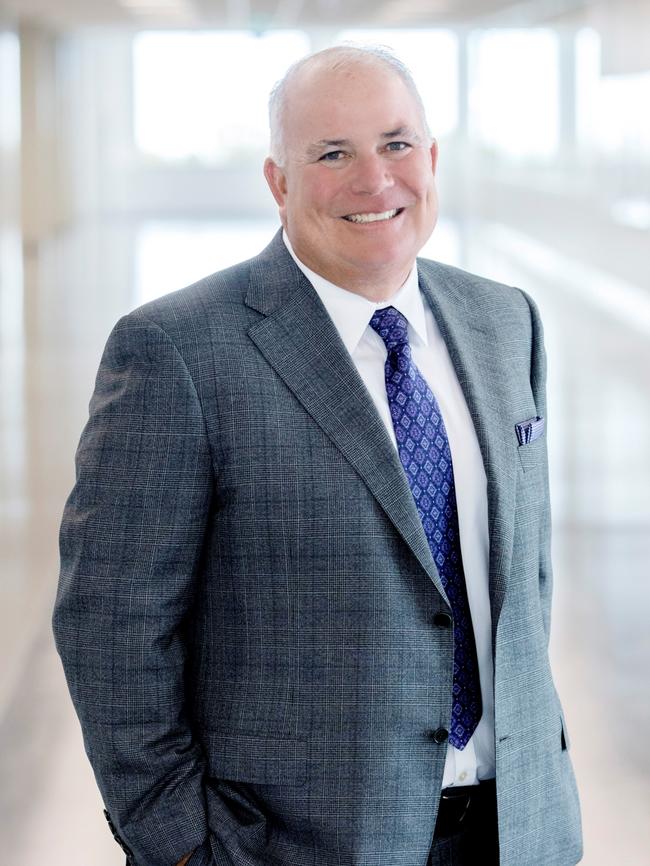
However, McKenzie conceded the final 10 per cent of his US sales are across advanced kidney treatment products that are mostly imported from CSL’s European businesses, and this will need to be worked through.
“For almost 85 per cent of the (US) business, the majority of what we do is generate its value in the US,” McKenzie told The Australian.
“Our footprint in the US is quite significant. We’ve invested multiple billions of dollars over the last couple of years. We can respond very well to these policy initiatives.
“We’ll see what happens with Section 232 (tariffs). We’ll participate in the process, but we feel for these reasons and the medical necessity of our products for people in public health, we should be in good stance.”
CSL is one of the world’s biggest influenza vaccine manufacturers with hi-tech plants in Victoria, North Carolina and the UK.
Its blood processing plants are also in Australia, the US and Europe.
The US is by far CSL’s biggest market and generates about 50 per cent of its sales there, mostly from its Behring blood products and collections business.
CSL is one of the world’s biggest suppliers of blood and derived products to governments, including US health authorities.
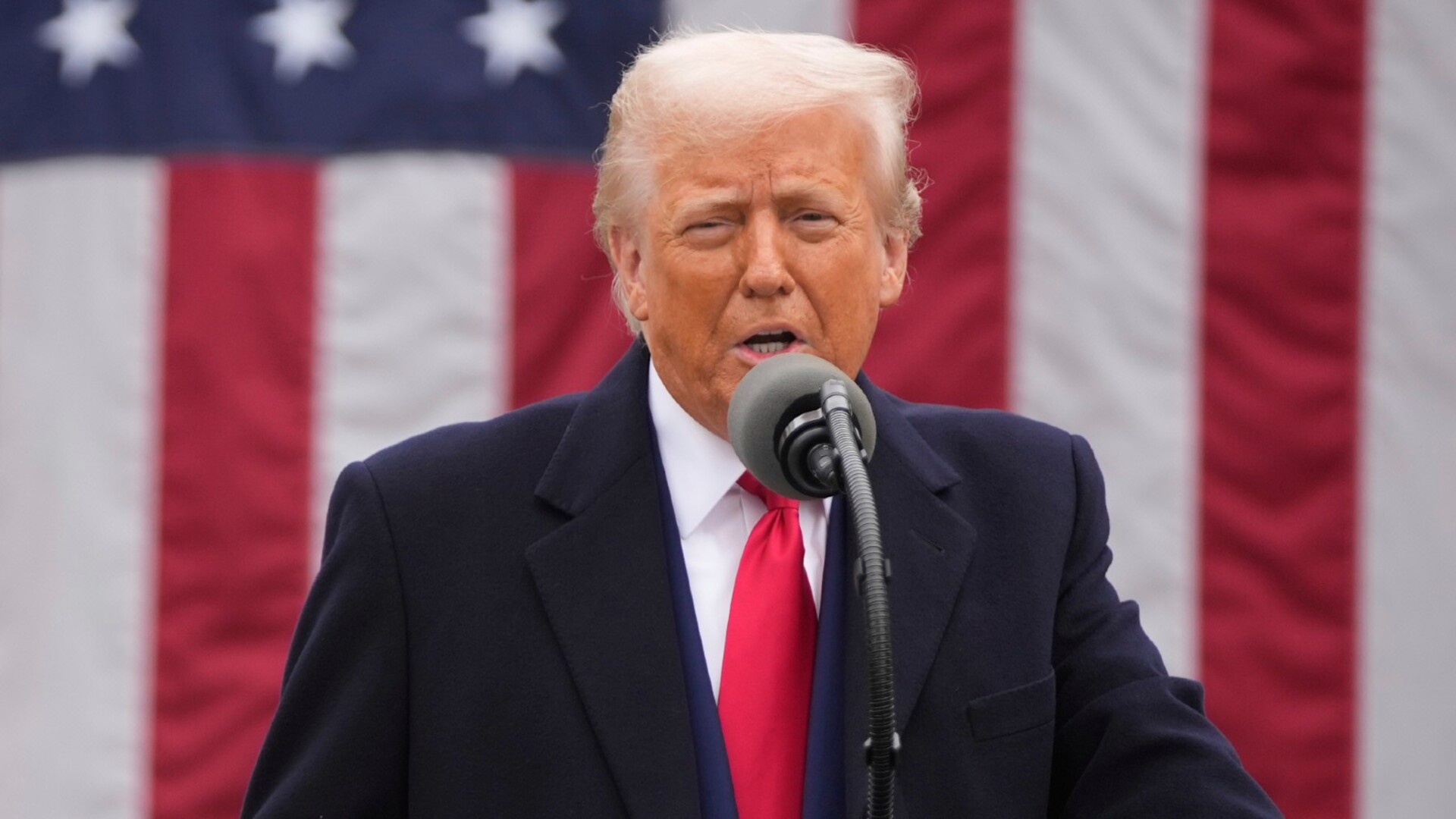
The comments by McKenzie, who has just returned to Melbourne after several weeks in the US, underscore the grey area in which many global pharmas now find themselves.
Trump initially spared the pharma industry and medicines from his “Liberation Day” tariff announcement, but last week he threatened that he planned to announce a “major” tariff on pharmaceutical imports shortly.
The sector has been bracing for Mr Trump to use the sector-specific Section 232 tariffs that he has slapped on steel imports and cars.
However, with the market turmoil prompting a 90-day pause on reciprocal tariffs, the pharmaceutical companies remain in the dark about when or how they could be targeted. CSL’s shares had been off nearly 10 per cent on the initial tariff uncertainty, although with the weekend exemption on high-end tech manufactured in China, the market is hopeful there is more wiggle room than thought.
CSL shares jumped 2.1 per cent on Monday.
The risk for Trump in slapping tariffs on pharma is creating supply shortages in lifesaving drugs and treatment. The supply chains are complex and often involve importing critical compounds that are finished in the US.
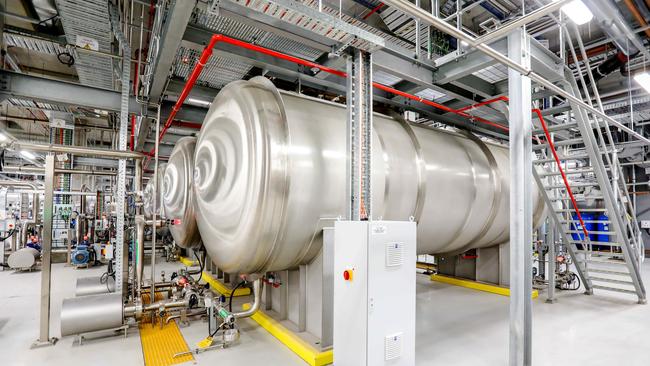
Even CSL has complex plasma-related products derived from blood collections in the US and are partially processed in Australia, before being returned to the US.
With a market value of more than $115bn, CSL is Australia’s biggest pharma, and it spends more than $1bn annually on research and development.
McKenzie said most of the processing is generated in the US, but where some plasma-derived proteins are collected in the US but processed outside the country, he expected that their critical role in saving lives should see them fall outside the tariff net.
The former CSL chief operating officer who took charge two years ago, McKenzie said one of the big lessons from the Covid-19 pandemic was to build “redundancy and resiliency in our supply chain”, which gives the company additional capacity to shift production around the world.
This is why all manufacturers are looking at their supply chains to ensure they can continue operations without disruption.
McKenzie also revealed that CSL is seeking to fast track approvals from Chinese authorities to supply albumin there from its new $900m plasma fractionation plant at Broadmeadows, in Melbourne’s north.
Currently CSL’s albumin sales from China are sourced from multiple plants in Europe or the US.

Albumin is used in emergencies to treat blood loss and restore rapidly falling blood pressure.
“We are planning to look to prevent disruptions in the normal supply chain. We have a brand new facility in Broadmeadows. This month we are about ready to file for approval in China. So this is a good example, I’m hoping, that we can work with the regulatory agencies in China and Australia that would certainly shore up the critical supply of albumin, but our ability to supply from multiple nodes,” McKenzie said.
“This is something that we do as a course of business.”
Even if the tariff wall goes up, McKenzie says this is unlikely to impact CSL’s $1.6bn-plus R&D budget. The company has had a long-term target of about 10 per cent of revenue invested in R&D, and much of this is spent in Australia. Although research also takes place in the US and Europe.
“For us, the world is our lab, and I think it’s really important to make sure you continue to access great innovation everywhere.
“We have a proud history of accessing innovation here in Australia, equally accessing it in Europe and the US, and we’ll continue to do that.
“However where CSL could start thinking differently over the longer term is how it is using its multiple manufacturing facilities.”
Before joining CSL in 2019, McKenzie worked with global names from Johnson & Johnson and Biogen.
He says it’s too early to tell what the disruption of tariffs is likely to represent for the pharma industry. Although the Covid pandemic represents the biggest disruption for the sector by far.
“Not only from a supply chain, but the redirecting of dollars towards trying to solve that problem,” he said.
“Our job is to continue to work with administrations around the world to deliver medicines. From a CSL viewpoint our 100-year history is about resiliency and making a difference for patients. I think we’re in good shape across the majority of our businesses.”
Quick buy
After two decades, Australia’s one-time aerospace hope Quickstep Holdings has quietly disappeared off the ASX.
The private equity-backed Australian aerospace manufacturer ASDAM has snapped up Quickstep for a little over $41m.
Quickstep’s shareholders, including AustralianSuper, overwhelmingly backed the takeover approach by the way of a scheme meeting on Monday. The 57.5c a share offer was endorsed by the Quickstep board.
Quickstep is the maker of hi-tech carbon fibre aero wings for the F-35 Joint Strike Fighter and the C-130 program. ASDAM is also currently one of Quickstep’s largest customers on the F-35 program.
Quickstep has the bulk of its operations at Bankstown, western Sydney, and had come under pressure in recent years with mounting losses as it was hit was input inflation and materials shortages but was stuck under legacy contracts with key customers, including defence giant Lockheed Martin. Last year, it sold off its struggling aircraft maintenance business.
In recent weeks, the company faced fresh pressures with the prospect of Donald Trump’s tariffs adding to manufacturing costs.
The Melbourne-based ASDAM has about 1000 employees. It has a broader customer base beyond defence, including commercial customers including BHP.
ASDAM is backed by CPE Capital, the former CHAMP Private Equity.



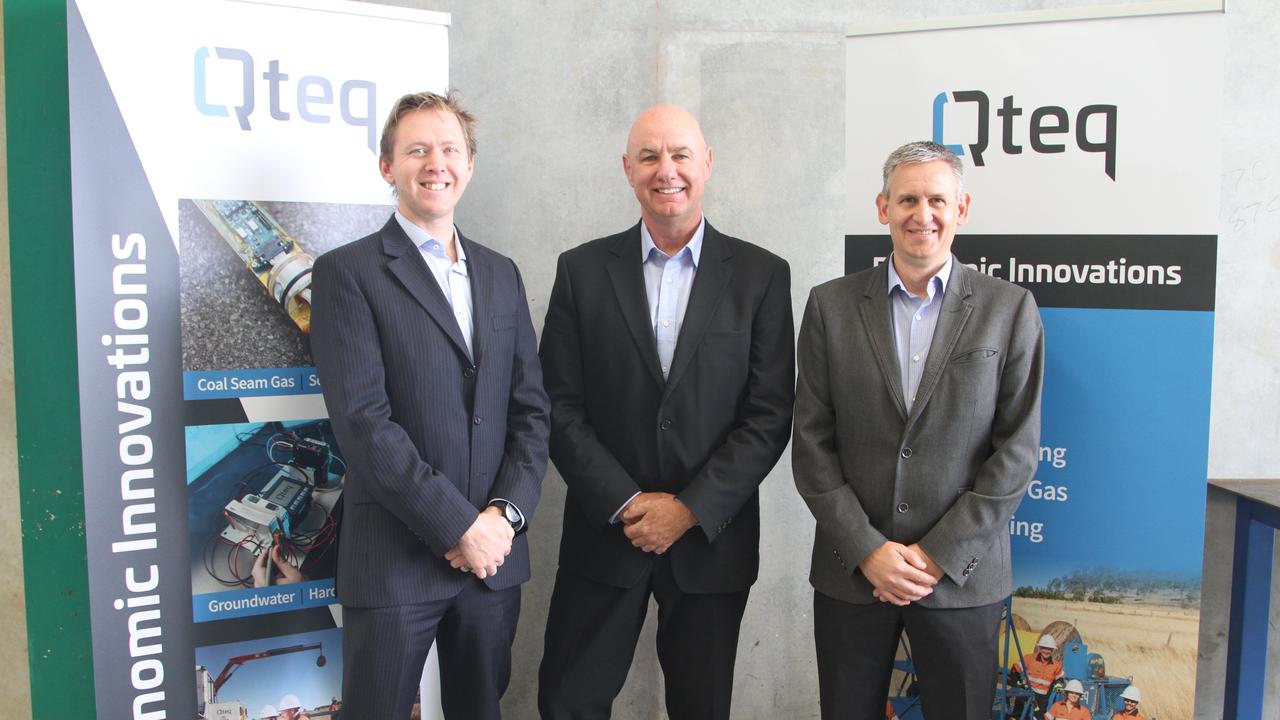
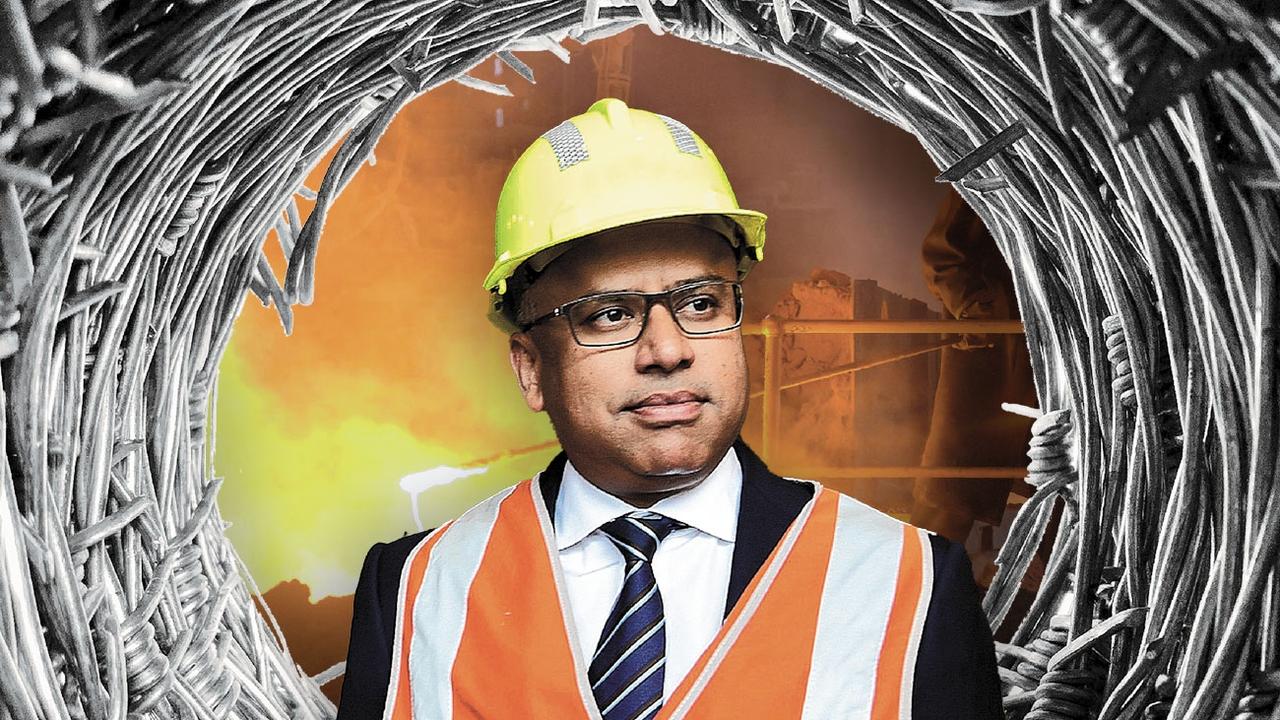
Australian pharmaceutical major CSL is eyeing boosting manufacturing of its lifesaving plasma and vaccine products from its existing operations in the US as it looks to navigate the threat of US President Donald Trump turning his attention to the healthcare sector.